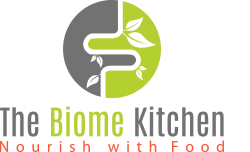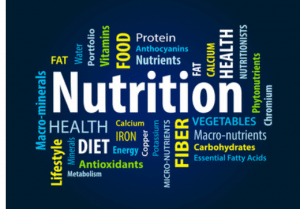USDA Dietary Guidelines

Diet Counseling
Are people different in the way they metabolize and digest foods based on their genetic makeup, or the bacteria in their guts or even their lifestyles and environment?

The Microbiome
The interaction between genes, the environment and diet, the microbiome, is in it’s infancy. Environments alone add great complexity to trying to figure out personalized diets, as well as exposure to toxic chemicals or even one’s stress levels.
We need more substantial data to be able to make dietary recommendations for individuals. Today, there is information which links 38 genes to nutrition metabolism. These findings are being researched by nutrition genetic companies such as Nutrigenomix. The co-founder of Nutrigenomix, Ahmed El-Sohemy says that, “some people may be able to drink 4-5 cups of coffee a day, but for those with the CYP1A2 gene they may be more sensitive and be limited to just 2 cups a day.”
Personalized Nutrition is the Future
Here’s the problem, Nutrigenomics is in it’s infancy and the gut microbiome is just starting to be understood. We have a long way to go before we are able to prescribe perfect individualized diet plans based on metabolism, genetics, gut bacteria and absorption. There is no doubt, however; that personalized nutrition is the future.
If you have questions about this article, please feel free to contact Emma for your Expert Nutritional Personal, Professional, Team Building or Corporate needs. Contact Emma Fogt here.


